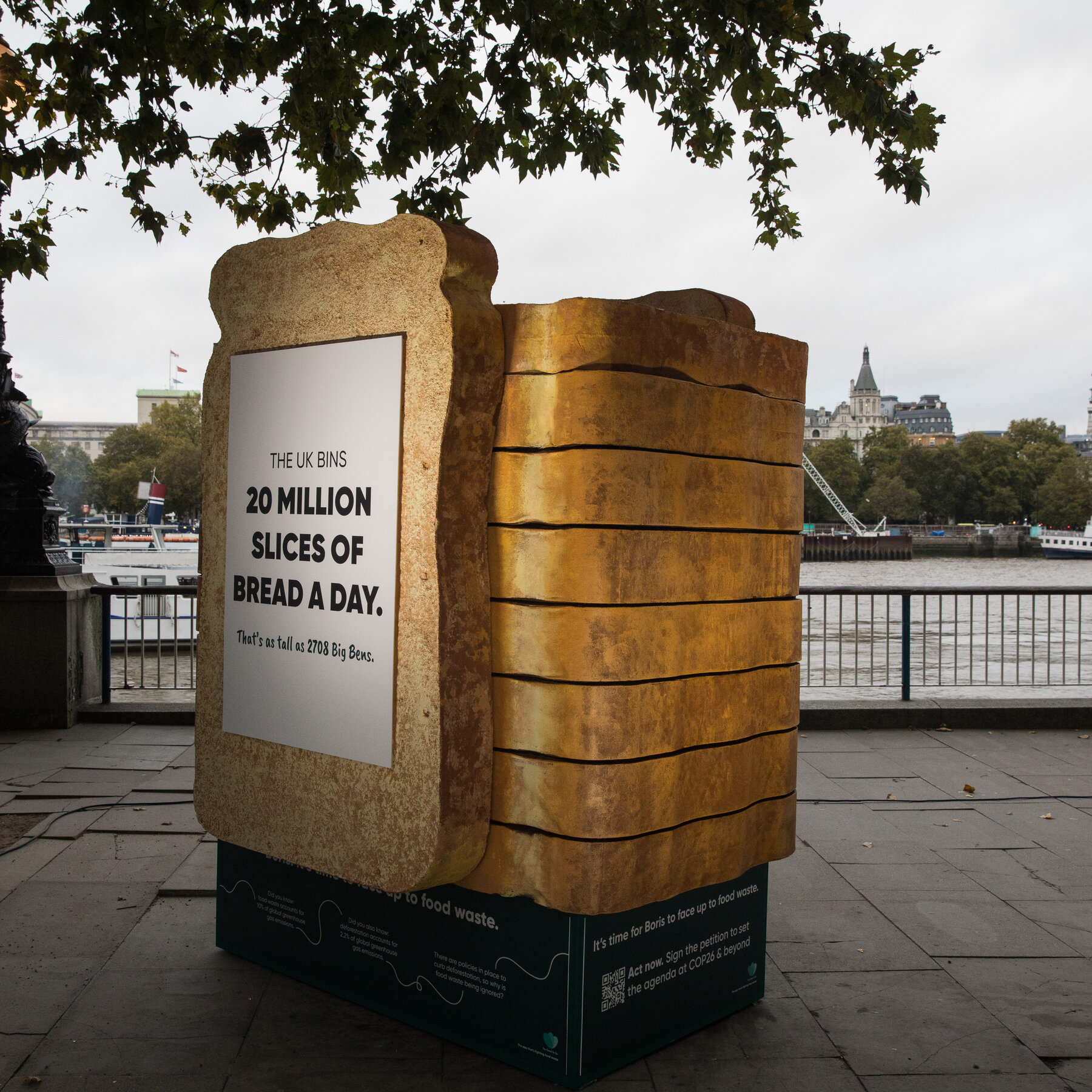There are real benefits to a society where people feel safe enough to leave their babies and bikes on the street. How have the Danes achieved this level of faith in their fellow citizens?
Over the years, Denmark has emerged as the good faith capital of the world. Nearly 74% of Danes believe “most people can be trusted” – more than any other nationality. On wider metrics, such as social trust (trusting a stranger) and civic trust (trusting authority), Denmark also scores highest in the world, with the other Nordic countries close behind.
The political scientist Gert Tinggaard Svendsen argues that trust accounts for 25% of Denmark’s otherwise inexplicable wealth. By his reckoning, a quarter of that wealth comes from physical capital (means of production and infrastructure), half comes from human capital (the population’s level of education and innovation), and the unexplained final quarter is trust: they don’t sue one another, they don’t waste money on burglar alarms, businesses often make binding verbal agreements without sweating the contract. People who hold power in Danish institutions – the government, police, judiciary, health services – are trusted to be acting in society’s best interests, and there is very little corruption.
Continue reading… There are real benefits to a society where people feel safe enough to leave their babies and bikes on the street. How have the Danes achieved this level of faith in their fellow citizens?Over the years, Denmark has emerged as the good faith capital of the world. Nearly 74% of Danes believe “most people can be trusted” – more than any other nationality. On wider metrics, such as social trust (trusting a stranger) and civic trust (trusting authority), Denmark also scores highest in the world, with the other Nordic countries close behind.The political scientist Gert Tinggaard Svendsen argues that trust accounts for 25% of Denmark’s otherwise inexplicable wealth. By his reckoning, a quarter of that wealth comes from physical capital (means of production and infrastructure), half comes from human capital (the population’s level of education and innovation), and the unexplained final quarter is trust: they don’t sue one another, they don’t waste money on burglar alarms, businesses often make binding verbal agreements without sweating the contract. People who hold power in Danish institutions – the government, police, judiciary, health services – are trusted to be acting in society’s best interests, and there is very little corruption. Continue reading… Denmark, Social etiquette, Welfare, Society, Politics, Life and style, Children, Education, Inequality, Europe








